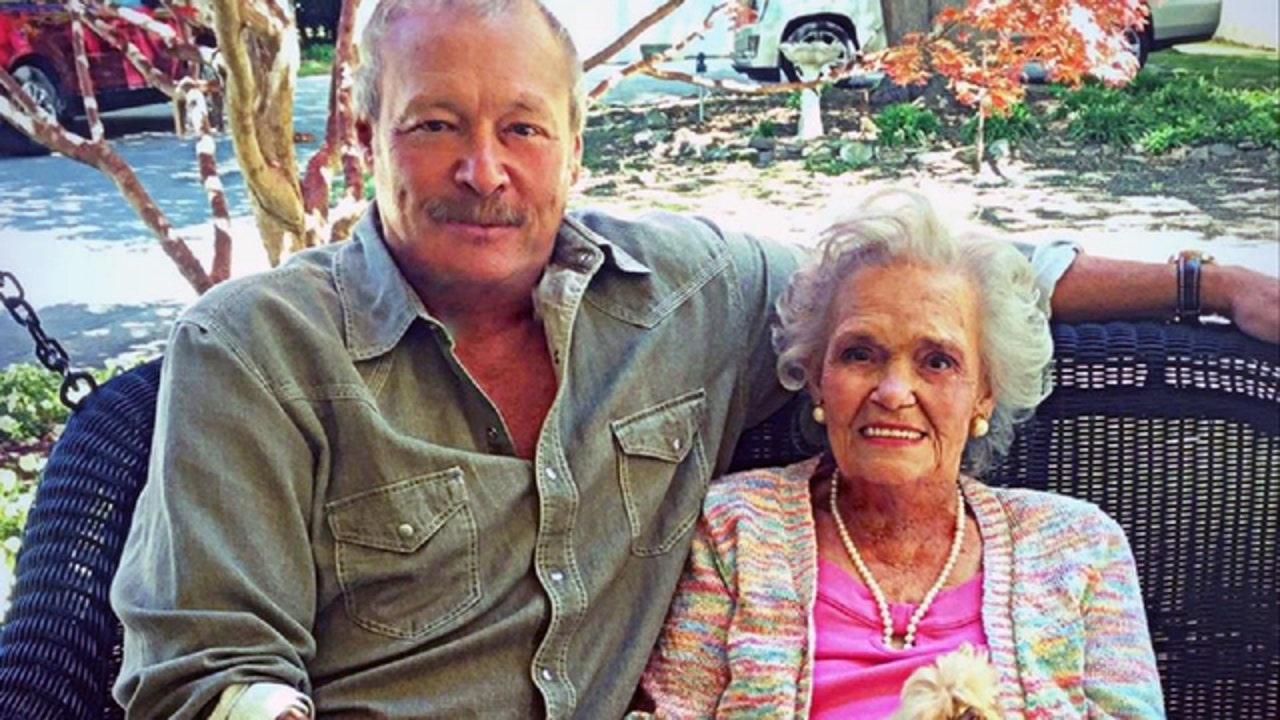Alan Jackson stopped writing music for nearly 8 months after his mother passed—because he couldn’t find his voice anymore
Ruth Musick Jackson—Alan’s mother—wasn’t just the woman who raised him. She was the quiet soul behind his music. She was the first to hear his garage demos on cassette tapes. The one who mailed him handwritten notes of encouragement when he was struggling in Nashville. And the one who told him:
“No matter who you sing for, never forget your real voice.”
When she passed away in January 2017, Alan said nothing publicly. No interviews. No tribute song. He simply stepped away from the studio—and didn’t touch his guitar for nearly eight months.

Friends say he’d wake up, sit on his porch, and stare out at the yard where his mom used to garden. He’d try to write. But the words wouldn’t come. “The music has no voice,” he told his wife.
It wasn’t until a rainy afternoon in August, parked outside the small church where his mom once sang in the choir, that Alan cried—not from grief, but from the realization that she was never really gone. Her voice was still there—in memory, in every G chord he played, in every lyric he’d never written down.
And so, he started writing again. Not for sales. Not for charts. Just to keep her voice alive—the voice of a woman who taught him music wasn’t a job, it was a part of his conscience.
After his mother’s passing, Alan Jackson began to see music differently. He no longer wrote to chase radio hits or chart placements. Instead, he leaned into simplicity—just as his mother had always advised:
“The more honest it is, the more hearts it reaches.”
He recorded Where Have You Gone—an album full of soft ballads, gospel echoes, and bluegrass tones—as a quiet tribute to his mother and the roots she gave him. In the studio, he placed a small photo of Ruth beside the mixing board—as if asking her blessing before recording each take.
Since then, Alan has toured less, choosing only shows that feel like family gatherings. When asked why he no longer promotes like he used to, Alan simply said:
“I used to sing to be heard. Now I sing to remember.”